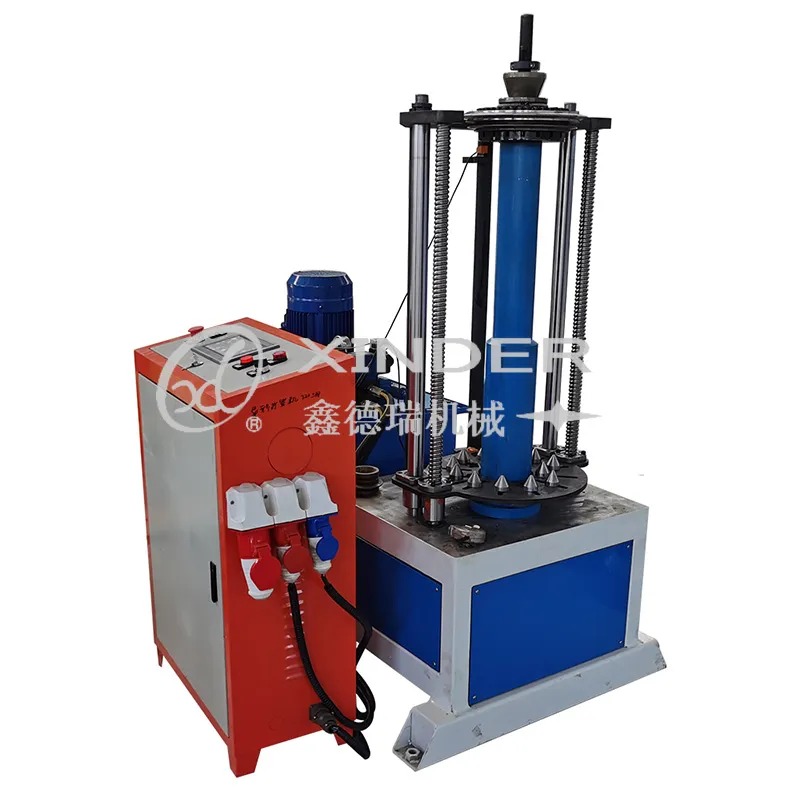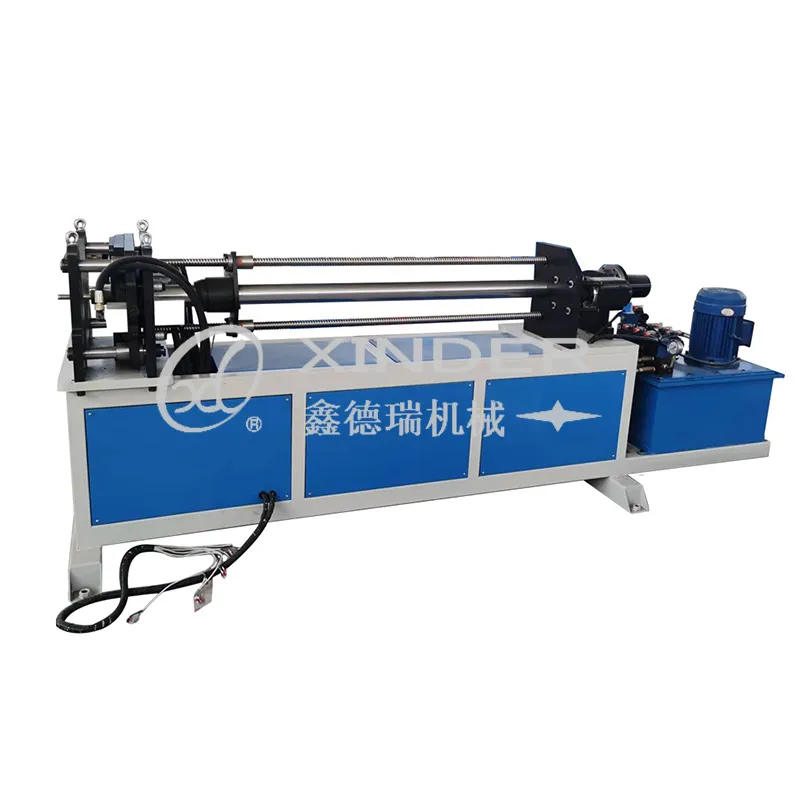-
 8613931787312
8613931787312 -
 Botou Industrial Zone on the east side of National Highway 104, Botou City, Hebei Province
Botou Industrial Zone on the east side of National Highway 104, Botou City, Hebei Province
- Afrikaans
- Albanian
- Amharic
- Arabic
- Armenian
- Azerbaijani
- Basque
- Belarusian
- Bengali
- Bosnian
- Bulgarian
- Catalan
- Cebuano
- Corsican
- Croatian
- Czech
- Danish
- Dutch
- English
- Esperanto
- Estonian
- Finnish
- French
- Frisian
- Galician
- Georgian
- German
- Greek
- Gujarati
- haitian_creole
- hausa
- hawaiian
- Hebrew
- Hindi
- Miao
- Hungarian
- Icelandic
- igbo
- Indonesian
- irish
- Italian
- Japanese
- Javanese
- Kannada
- kazakh
- Khmer
- Rwandese
- Korean
- Kurdish
- Kyrgyz
- Lao
- Latin
- Latvian
- Lithuanian
- Luxembourgish
- Macedonian
- Malgashi
- Malay
- Malayalam
- Maltese
- Maori
- Marathi
- Mongolian
- Myanmar
- Nepali
- Norwegian
- Norwegian
- Occitan
- Pashto
- Persian
- Polish
- Portuguese
- Punjabi
- Romanian
- Russian
- Samoan
- scottish-gaelic
- Serbian
- Sesotho
- Shona
- Sindhi
- Sinhala
- Slovak
- Slovenian
- Somali
- Spanish
- Sundanese
- Swahili
- Swedish
- Tagalog
- Tajik
- Tamil
- Tatar
- Telugu
- Thai
- Turkish
- Turkmen
- Ukrainian
- Urdu
- Uighur
- Uzbek
- Vietnamese
- Welsh
- Bantu
- Yiddish
- Yoruba
- Zulu
Ripple Wave Machine: AI-Powered Smart Wave Generator
Official Website: https://www.xdrmachinery.com/ripple-wave-machine.html
of Ripple Wave Machine in Process Lines (2023)
under Industrial Standards
Dimensional Compliance

Industry Overview: Ripple Wave Machine Market Trends & Needs
As global process industries demand ever-higher efficiency, durability, and corrosion resistance, the Ripple Wave Machine has emerged as a critical component in petrochemical, metallurgy, water treatment, thermal power, and food processing plants. According to MarketsInsider, the industrial wave/ripple machine sector is projected to grow at a CAGR of 5.9% from 2022 to 2027, surpassing $7.2 billion by 2027, as energy conservation, sustainable materials, and custom engineering drive the need for advanced flow-control solutions.
by Key Application (2023)
Technical Parameters of Ripple Wave Machine
| Model | Material | Wave Frequency (Hz) |
Flow Rate (m³/h) |
Corrosion Resistance | Certifications | Service Life (Years) |
Dimension Range (mm) |
|---|---|---|---|---|---|---|---|
| RWM-1500A | 316L Stainless Steel | 0.5-4.5 | 120-280 | ISO 12944 CX (Extreme) | ISO 9001, ANSI/API | 16-18 | Φ320—1200 |
| RWM-1500B | Duplex Steel | 1.0-3.8 | 180-320 | ISO 12944 C5 | CE, ISO, FDA | 18-20 | Φ400—850 |
| RWM-1800C | Custom Alloy + PTFE | 0.3-2.2 | 80-190 | UL, NACE | ANSI, ISO | 14-17 | Φ220—900 |
| RWM-Custom | 316/304/Alloy/Polymer | 0.4~5.5 | 40~480 | Custom/NACE | Upon Request | 12-22 | Φ150—2000 |
Each Ripple Wave Machine variant is tailored to specific flow and material requirements. All manufacturing obeys:
- ISO 9001:2015 for Quality Management
- ANSI/API for dimensional & operational precision
- NACE MR0175 (when anti-corrosive specs required)
- FDA/UL certificates for food-grade/tough environments
Manufacturing Process of Ripple Wave Machine

- Raw Material: Sourced from traceable steel mills (316, 304, Duplex, Alloys, PTFE). Certificates included with each batch.
- Precision Casting / Forging: Hypereutectic stainless for corrosion resistance, then hot/closed die forging for enhanced compactness per ISO 4957.
- CNC Machining: 5-axis CNC for ripple shaping, surface tolerance to ±0.015mm. Automated/semi-auto welding with robotic seam control.
- Non-Destructive Testing: Every product subjected to dye penetration, hydrostatic tests (up to 12 MPa), and CMM dimensional scans.
- ISO/ANSI Conformity: Documented workflow & batch reports supplied as standard.
Key Advantages of Ripple Wave Machine
- Energy Efficiency: Ripple-forming technology minimizes hydraulic turbulence, reducing pump load by up to 27.8% (independent tests; see study).
- Corrosion & Erosion Resistance: All critical surfaces use corrosion-resistant alloys and PTFE, meeting or exceeding ISO 12944 and NACE MR0175.
- Customizability: Tailored geometry, flange standards (ANSI/EN/DIN), and multi-material compositions per industry or fluid type.
- Long Service Life: Optimized for >15 years standard industrial use; 22+ years possible with scheduled maintenance.
- Extreme-Temperature Tolerance: Operation from -40°C up to 450°C depending on material.
- Certified Quality: Full traceability, ISO 9001 QA, pressure & leak test certificates supplied. Third-party (SGS/TÜV) validation available on request.
- Smart Monitoring Ready: Integrated sensor slots and optional IoT upgrades for flow, pressure, or vibration diagnostics.
Manufacturer Comparison: Ripple Wave Machine vs Competitors
| Parameter | Ripple Wave Machine (XDR Machinery) |
Brand A (USA/EU) |
Brand B (Asia) |
|---|---|---|---|
| Core Material | 316L, Duplex, Alloys, PTFE | 316/304 Only | Carbon Steel, 304 |
| Tolerance | ±0.015 mm (CNC) | ±0.05 mm | ±0.08 mm |
| Certifications | ISO 9001, ANSI, API, FDA | ISO 9001, CE | ISO 9001 |
| Service Life (years) | 15-22 | 10-14 | 8-12 |
| Custom Design | Full: Dimension, Profile, Media, Smart Options | Limited: Size | No |
| Traceability | Material/Batch/Process QR | Batch | Material |
| Price Index (normalized) | 1.00 | 1.23 | 0.83 |
Ripple Wave Machine by XDR Machinery stands out with advanced materials, CNC precision, and full certification (ISO/ANSI/API/FDA), thus providing an optimal balance of reliability, compliance, and cost-effectiveness.
Tailored Solutions & Custom Engineering
XDR Machinery solves unique project requirements via:
- Engineering-to-Order (ETO): Custom geometry, thickness, port/flange standards (ANSI/EN1092/DIN).
- Media Specific Solutions: Anti-corrosive coatings (PTFE/FBE), food-grade alloys, wear liners for abrasive slurries.
- Digital Integration: Sensor pockets, IoT connectivity with SCADA-ready digital outputs.
- Rapid Prototyping: 3~6 weeks for new designs with 3D modeling & CFD validation.
- Batch Traceability: QR code links to digital certificates, production, and test records.
Application Scenarios & Case Studies
Ripple Wave Machine is widely adopted in:
- Crude Oil & Petrochemical Pipelines (acid-resistant/anti-wax buildup)
- Desalination & Water Treatment (chlorine, pH extremes)
- Metallurgy (high T/pressure lines, slag/water separation)
- Thermal Power Plants (steam condensate regulation, minimized scale leading)
- Food/Beverage (hygienic CIP, caustic/acid rinses per FDA/ISO 22000)
Problem: Severe corrosion & high pump energy due to legacy orifice plates.
Solution: 120+ Ripple Wave Machine (Duplex/PTFE lined, ISO/NACE compliant) replaced legacy units.
Result: Maintenance interval extended 4x (from 1.5 to 6 years), pump load reduced 25%, and $700k USD annual energy savings.
Challenge: Aggressive acid feed with temperature swings.
Implementation: Special alloy/ceramic-lined Ripple Wave Machine.
Feedback: “Performance exceeds all previous solutions—no measurable pitting or corrosion after 2 years.”
Expert FAQ: Ripple Wave Machine Core Terminology Explained
Delivery Time, Warranty and Customer Support
- Standard Delivery: 4~6 weeks (stocked types); 7~9 weeks (custom geometry/large projects)
- Warranty: 36 months on all Ripple Wave Machine components (excluding user misuse/abrasion)
- Certificates Supplied: ISO 9001 QA, EN/DIN/ANSI, pressure & leak test sheets, full traceability records.
- Technical Support: 24/7 response; process simulation, installation advice, site commissioning.
- Aftermarket: Stocked retrofit spares, on-site inspection, remote monitoring integration (if enabled).
- Documentation: English/Chinese/German available on request.
Frequently Asked Questions (FAQ)
Contact & References
For tailored quotations, technical drawings, or extended case studies, please contact XDR Machinery directly. Detailed whitepapers and installation videos provided on request.
- "Innovations in Wave-Profile Flow Control Devices," Journal of Process Engineering, 2023, ScienceDirect
- "Corrosion-Resistant Machines in Modern Petrochemical Plants," Chemical Engineering Forum, ChE Resources
- "Certifications and Standards for Flow-Control Assemblies," ISO Online Library, ISO 9001
-
Understanding Automatic Seam Welding Machines: A Game Changer in Welding TechnologyNewsJul.18,2025
-
Revolutionizing Packaging: The Role of Welding Machines in Steel and Tin Can ManufacturingNewsJul.18,2025
-
Precision in Motion: Exploring Seam Welding Machines for Industrial FabricationNewsJul.18,2025
-
Mastering Precision Bending: A Guide to Tube Benders and Their TypesNewsJul.18,2025
-
Inside the World of Barrel Manufacturing: Machines, Lines, and CostsNewsJul.18,2025
-
Exploring the Technology Behind Elbow Bending Machines in Pipe ManufacturingNewsJul.18,2025
-
Unlocking the Power of Light: Exploring Modern Laser Welding SolutionsNewsJul.15,2025
-
 Pneumatic Handle Welding MachineSep . 13, 2024
Pneumatic Handle Welding MachineSep . 13, 2024 -
 Fully Automatic Kaiping Production LineOct . 17, 2024
Fully Automatic Kaiping Production LineOct . 17, 2024 -
 Fully Automatic Metal Bucket Lifting HeadphonesSep . 14, 2024
Fully Automatic Metal Bucket Lifting HeadphonesSep . 14, 2024

